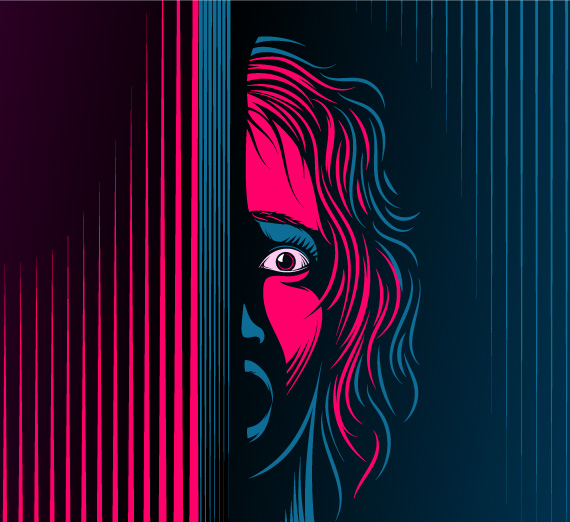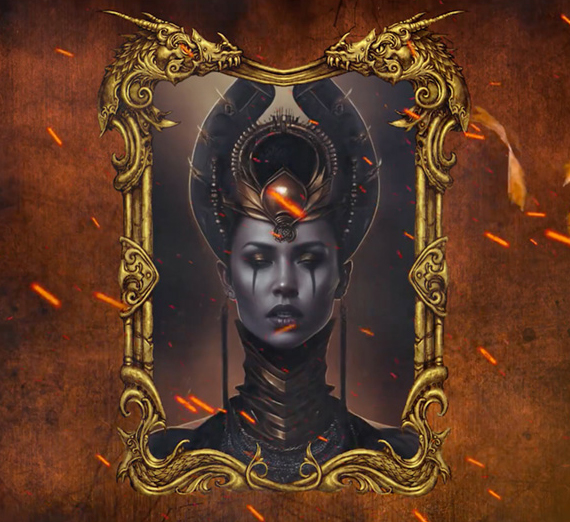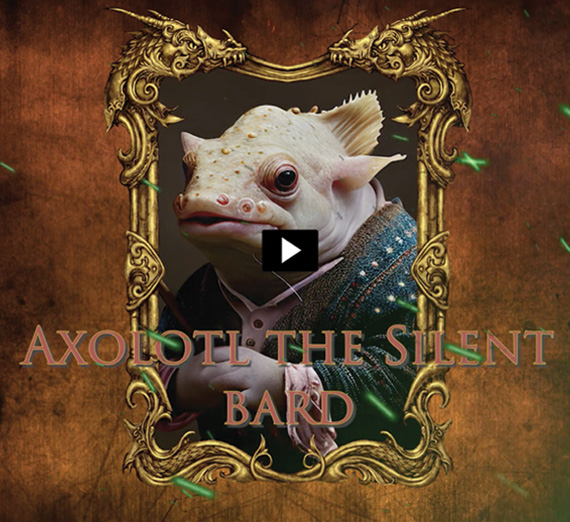5 Horror Films for Educators

Halloween is upon us once again and everyone enjoys a good scary movie. It makes our adrenaline pump so we can feel a little more alive than the daily grind allows for. In a post pandemic world, there is a deeper meaning to horror in the face of global unrest and constrained civil rights. In response to this pressure, we have turned to the horror genre to safely express our anxiety and as a safe avenue for creating societal critiques and exploring the challenges we are currently facing. The uncertainty of our lives and the constant state of high alert that we live in combined with the pandemic and other restrictions (Briefel & Miller, 2011) make horror films and literature a way of safely exploring and gaining some control over our fears.
Night of the Living Dead
(George Romero, 1968)
In, “Zombies, Malls, and the Consumerism Debate: George Romer’s Dawn of the Dead” the author delves into the zombie genre and the ways in which it presents a metaphor for many issues in our society such as rampant consumerism. In education, the zombie represents the de-humanizing process of mass-production in schools and the consumerism rampant in the education system.
This horror classic allows an instructor to explore these issues as well as representations of racism, sexism, classism, and societal violence. If you are willing to branch out further into the genre, examinations of other issues such as environmentalism, genetic engineering, and terrorism are possible in any number of more recent films. Here are a few resources to get you started in thinking about incorporating zombie films in the classroom:
- Family Splatters: Rescuing Heteronormativity from the Zombie Apocalypse – Examines the centrality of evolving family dynamics in surviving uncertain times.
- Zombie 2.0: Subjectivation in Times of Apocalypse – This article examines subjectivism, zombies, politics and the end of the world.
- Gospel of the Living Dead – This book presents a thorough examination of the cultural relevance of George Romero’s zombie movies.
They Live
(John Carpenter, 1988)
Is there a distinction between a horror movie and a horrible movie? Not in this case. However, if you are interested in media literacy and a biting critique of capitalism, you can do far worse than this Rowdy Roddy Piper (yes, the wrestler) film. The basic premise is that Roddy’s character discovers a box of sunglasses produced by an underground movement that allow him to see what is really going on in society. It turns out that aliens have come to earth and are living among us in disguise – a sham which the sunglasses can penetrate. Worse still, the aliens have enslaved the entire human race through our own media and capitalist economic system. Sound familiar?
As an introduction to talking about the power of media, this film provides some outstanding (if somewhat cheesy) scenes where the main character sees the true intent of mass media. This cult classic provides a vehicle for examining the role of capitalism in social stratification as well and the links between media, capitalism, and the ruling class. If you are interested in using They Live in the classroom, there is an entire book by Jonathan Lethem in the Deep Focus series, dedicated to unpacking the nuanced social critique of the film http://www.amazon.com/They-Live-Focus-Jonathan-Lethem/dp/159376278X.
Frankenstein
(James Whale, 1931)
The instructor is a mini-deity in their classroom, and there are many dangers inherent in that power, such as creating mindless, rampaging students. As someone who teaches teachers, I have several philosophical guidelines that I convey to my students. The most important is that they do not need to be a god-like authority on every subject that they teach their students. Take the use of technology in the classroom, for example. It is impossible for anyone to know everything about every piece of software. More often than not, the students will know as much or more than you do. Rather than shying away from technology because you don’t feel like you know enough, embrace your shortcomings as a learning opportunity for yourself and your students. Make learning a collaborative experience, rather than an imposition of your will, and you and your students will learn and enjoy the process.
Harry Potter and the Sorcerer’s Stone
(Chris Columbus, 2001)
Hogwarts generally falls into the traditional English school model, which is regularly criticized in the films for its rote memorization, lack of engagement, and absence of authenticity. However, for a few special students, Professor Dumbledore has crafted the ultimate constructivist education which fits exactly with the lessons learned in the classroom. The first Potter movie presents the clearest example of the ways in which seemingly useless knowledge gained in the classroom becomes powerful when given an actual context for use. The entire experience of Harry, Ron, and Hermione has been geared toward giving them the skills necessary to retrieve the Sorcerer’s Stone and defeat Voldemort. Harry becomes an expert broom flyer, Ron hones his wizard’s chess skills, and Hermione learns critical information about killer plants. These and other skills are the keys to solving the problems that they encounter. The retrieval of the stone is their final exam. It is timely, authentic, and really tests their knowledge, skill, and understanding of all that they have learned in the classroom.
While we, as educators, obviously don’t have the same abilities as Albus Dumbledore, we do have the ability to plan engaging and authentic tasks for our students that will allow them to learn and demonstrate their knowledge. In addition to the lessons we as educators can learn from these films, taking advantage of the natural appeal of the horror genre is one way to engage your students and begin a critical discussion of the state of media in our world. It’s also a fun way to put a little excitement into your teaching.
It's hard to create any list of horror movies that teach without including Jordan Peele’s 2017 horror masterpiece “Get Out”. Living in a time of political and social unrest this movie does something that the horror genre has always done, make us afraid, while adding a revolutionary twist of putting us in the shoes of a minority character experiencing the terror of microaggressions. For those unfamiliar with the term, microaggressions are the thousands of subconscious biases that BIPOC people face from majority culture on a daily basis. “Get Out” aligns the viewer with a minority character named Chris, played by Daniel Kaluuya, and makes microaggressions a key component of the horror that he experiences so we, as the audience are put in his place and can better understand the challenge of dealing with microaggressions within the “safe space” of a horror film.
I’m a horror fanatic and have read and seen most everything out there. The films above are some of my favorites and I have shown all of them in class at one time or another. I’d love to hear about other horror movies you’ve shown in your classes and why. Shoot me an email to share at marquisj@gonzaga.edu
- Academics
- Arts & Culture
- College of Arts & Sciences
- Online Programs
- School of Education




